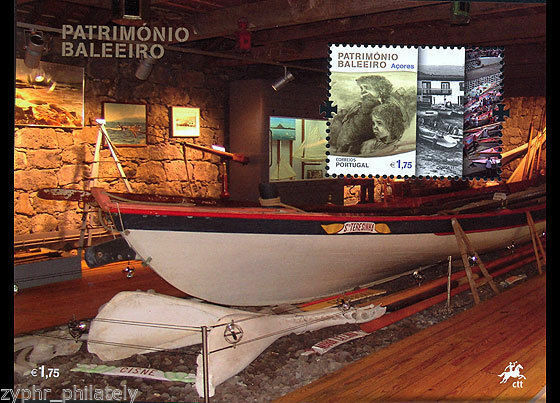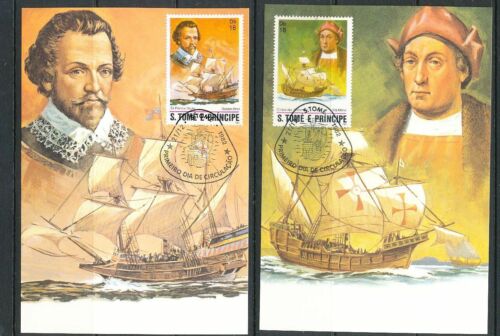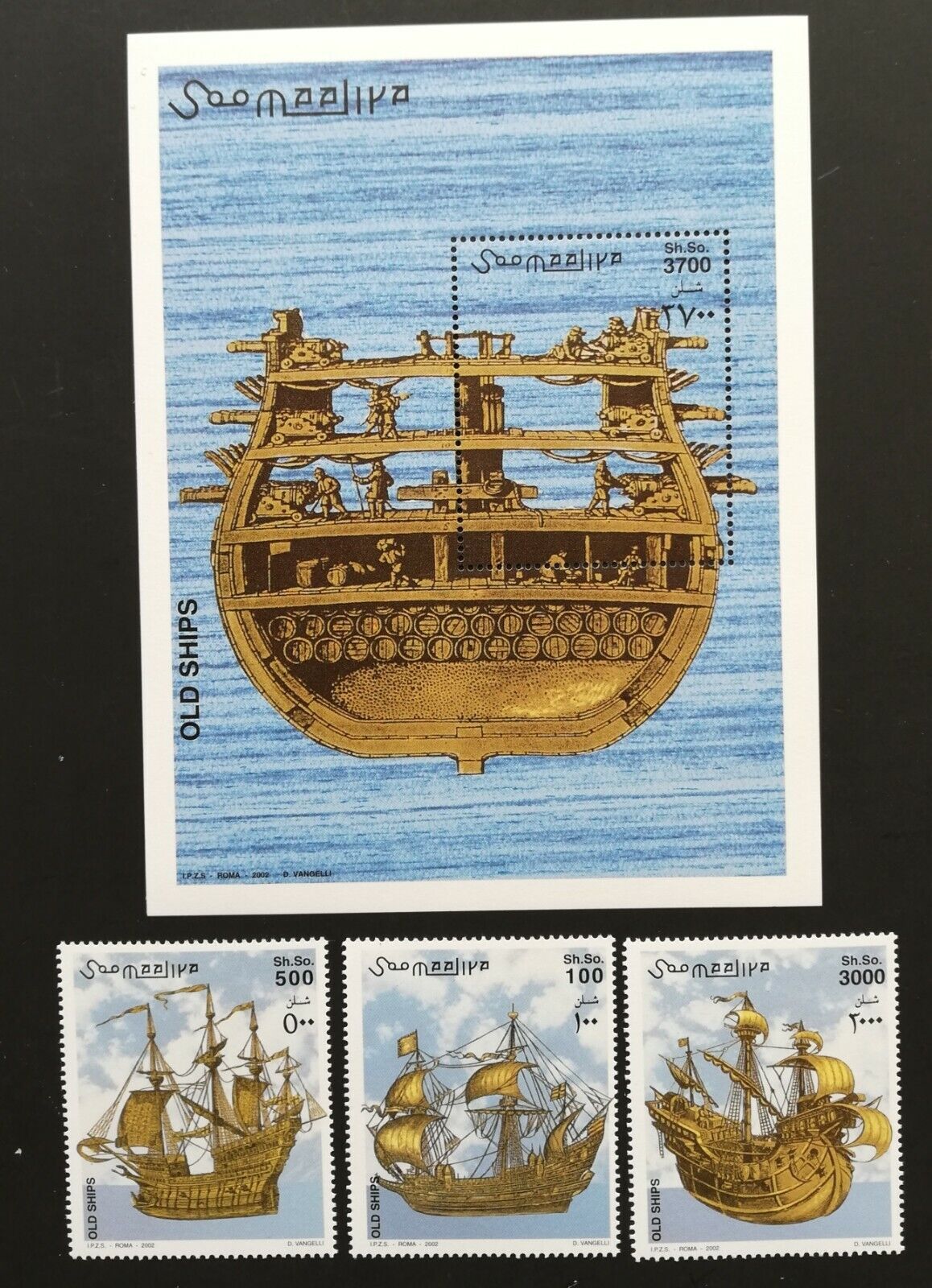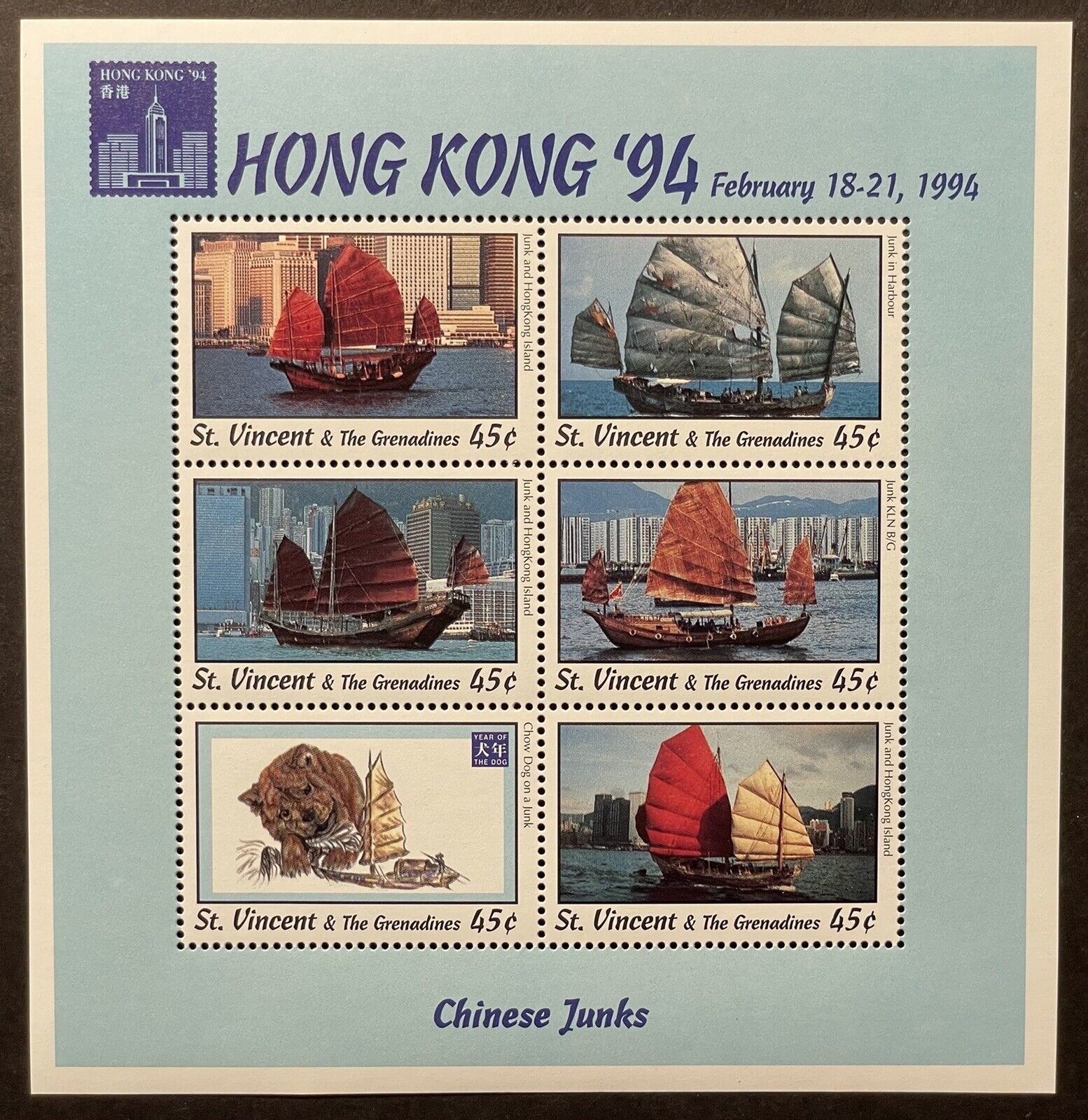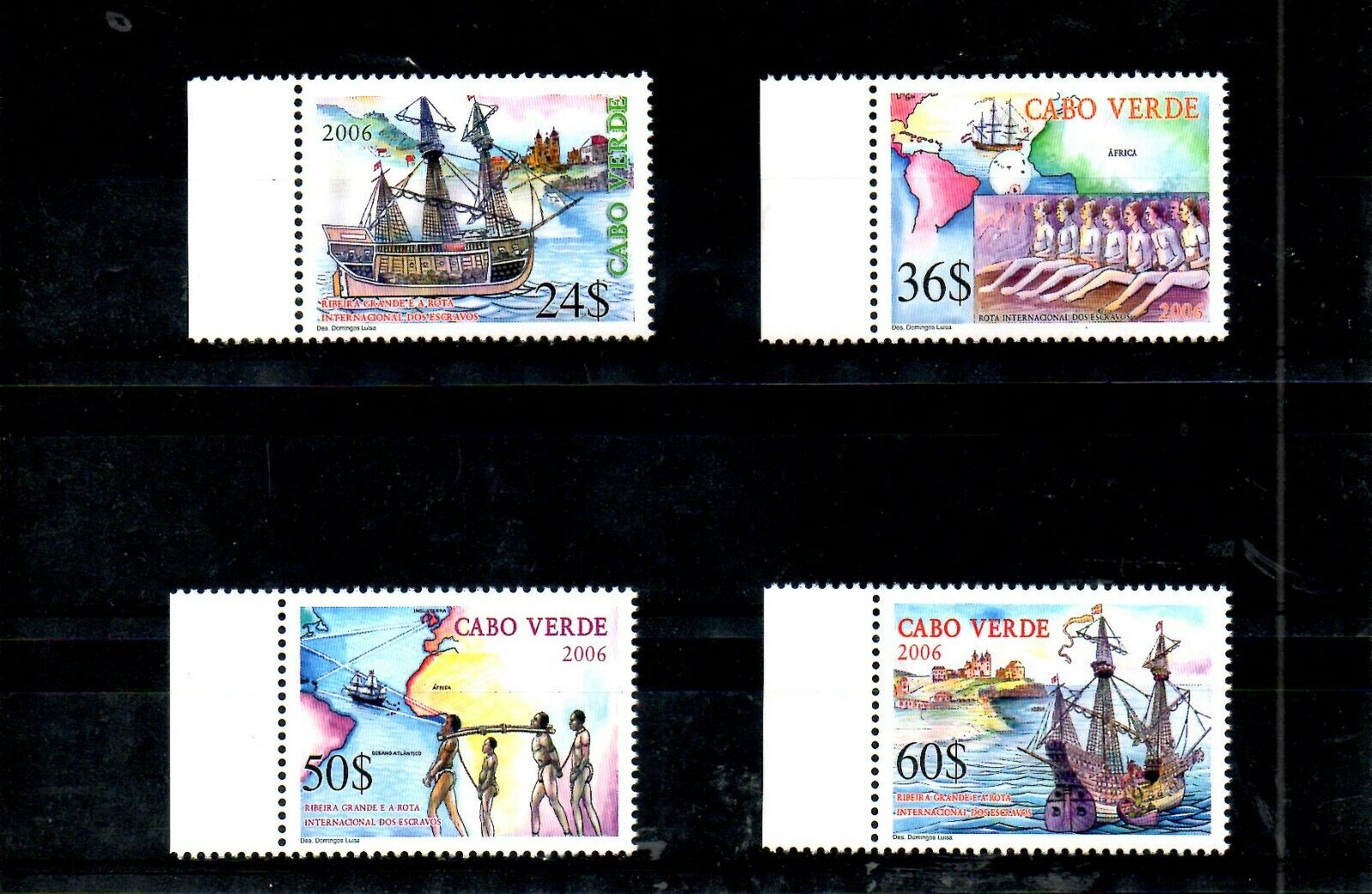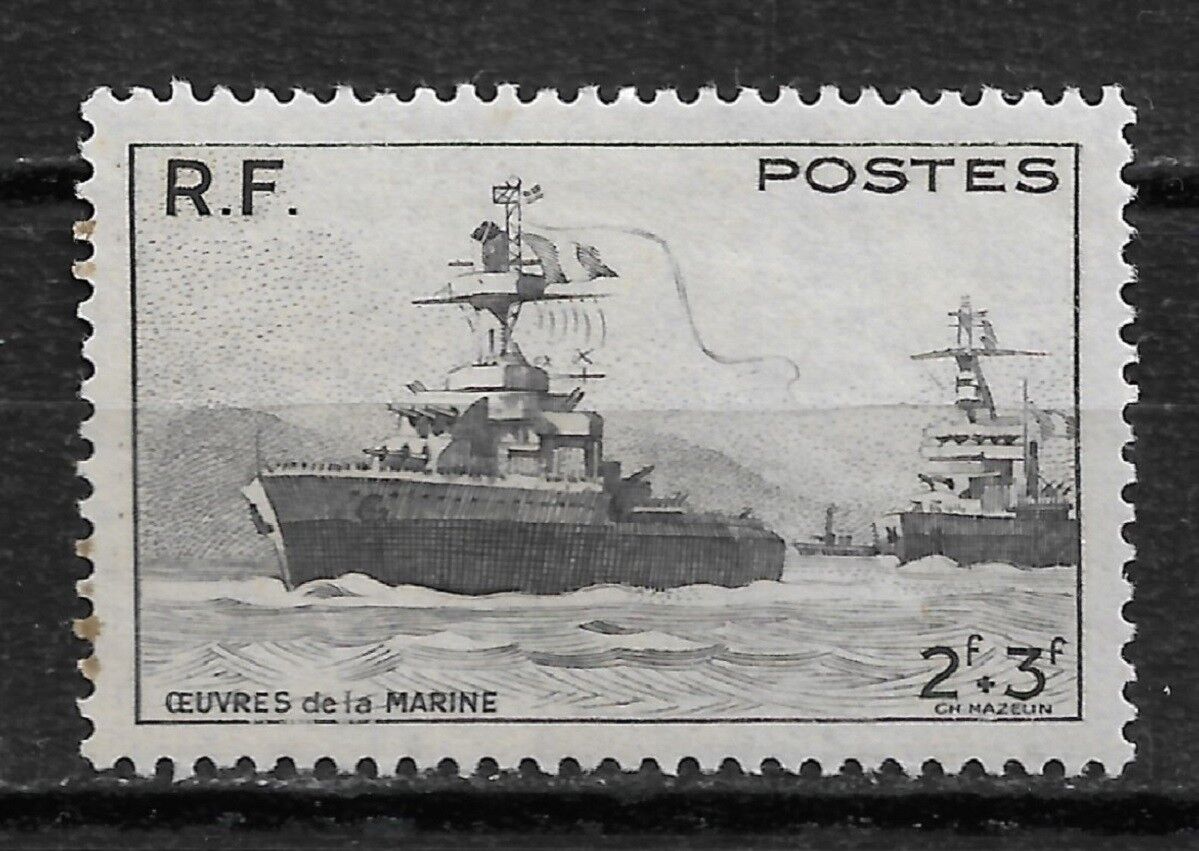-40%
Portugal - "SHIPS ~ WHALING HERITAGE ~ WHALE BOATS" MNH MS 2011
$ 2.63
- Description
- Size Guide
Description
Portugal -"
SHIPS ~ WHALING HERITAGE ~ WHALE BOATS.
"
MNH ~ Miniature Sheet !
Whaling Heritage -
AZORES
Because of its socio-economic impact on the lives of the population and of its epic-dramatic significance, whaling has left deep marks on the collective memory of many localities of the
Azores
.
In spite of the regional dimension of whaling,
Pico
Island
has assumed the role of main whaling cultural centre of the
Azores
. This island has known how to cultivate whaling’s values, memories, iconography and mythography, consecrated and described in the Whalers' Museum and in the Museum of Whaling Industry, - “young” museum organizations with both national and international projection - as well as in the museologic nuclei and memory spaces that can be found all over the island. Whaling has thus become a memory activity and the Region’s brand image, while the sperm whale, emblem of Azorean identity, was reborn as object of cult and visual consumption.
With the end of whaling at the beginning of the 1980s, dictated by economic and environmental factors, a valuable knowledge heritage remained, to which is attached a no less important material heritage. Taking into account that this heritage, namely its fleet of whaling vessels (canoes and motor launches) and their respective implements, was at risk of being lost, since 1998 governmental policies have been adopted, leading to its recuperation, revitalization and reuse for cultural, sports, environmental education, leisure and tourism purposes. Even the whaling canoe regattas, an indispensable tourist attraction of the Region, have been perceived as part of the regional whaling heritage, thus gaining a memorial and documental dimension in historic and anthropological terms.
These measures - together with the increasing support and motivation of the local populations organised around naval clubs, local authorities, citizens communities and associations – made possible the recuperation of a vast patrimony of whaling canoes and motor launches throughout the Region. This most important movement has fostered the development of new patrimonial and cultural dynamics. Naval carpentry and local handicrafts were revived; traditional knowledges linked to the art of seamanship were recuperated and deepened; the taste for and the cult of the sea, the nautical activities and whaling culture, have been stimulated through the identification of the communities with their memories; the relationship between museums and schools was intensified. The heritage, refusing to have a sheer museologic and documental function, has played the roles of link between past and present and bearer of new meanings.
At the same time that the memory of this unique – resilient and traditional - culture was rehabilitated, the enlivenment of that heritage was promoted through a new inventive, placing it at the service of the environmental education and of the economic, cultural, sports and tourism development of the
Azores
.
Year: 2011.
(PR2).
